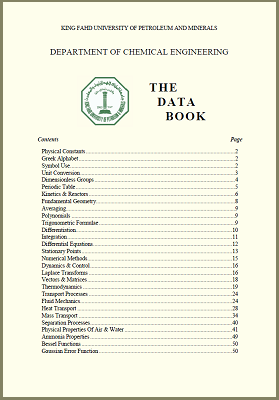Degree
Ph.D., 2010, University of Cambridge, UK
Research Interests
- Nanomaterial Synthesis
- 1-D Nanostructured Materials
- Desalination & Filtration
- Gas-phase Reactive Flows
- Laser Diagnostics (PLIF, LAS)
Background
Originally from Yorkshire, England, Dr. Robin's academic and professional journey has been both diverse and enriching. He matriculated at Cambridge in 2001, where he undertook the Chemical Engineering Tripos. In 2009, he completed his doctoral studies, focusing on Novel Laser Diagnostics for Reactive Flows under the supervision of Dr. Kaminski. Following a period in London, he transitioned to Saudi Arabia to join the Clean Combustion Research Center at KAUST. Here, he developed ultra-fast spectral techniques for shock-tube analysis and spent some time as a visiting researcher at Princeton University. His subsequent move to the University of Duisburg in Germany allowed him to specialize in the gas-phase synthesis of nanomaterials, before rejoining the academic community in Saudi Arabia at KFUPM.
In the context of pedagogy, Dr. Robin advocates for a teaching approach grounded in first principles, emphasizing the importance of a robust understanding of fundamental theories, such as mass and energy balances. He employs real-world examples, like the design of gas-turbines or supercapacitors, to illustrate the applicability of these principles. This approach not only enhances conceptual understanding but also empowers students to tackle novel problems with confidence. Dr. Robin values multi-perspectival thinking, employing various analogies to offer diverse viewpoints on complex problems, thereby enriching the learning process.
From a research standpoint, he specializes in nanotechnology, a field marked by its multidisciplinary nature and wide array of applications - with a current focus on desalination applications. He is particularly interested in harnessing quantum effects for practical devices. His research philosophy is characterized by an amalgamation of both breadth and depth, integrating a wide range of relevant fields while delving deep into fundamental concepts. This interdisciplinary approach often leads to innovative breakthroughs, as it enables the incorporation of novel ideas and techniques from seemingly unrelated areas.
For more information on his research, please visit: nanomaterialsynthesis.com
Teaching
CHE-605: Process Heat Transfer (Grad Level)
CHE-303: Chemical Engineering Thermodynamics
CHE-300: Heat Transfer
CHE-212: Introduction to Computing
CHE-202: Energy Balances
The CHE Databook
A comprehensive formula book compiled for the undergraduate
CHE degree can be downloaded here:


Dr. Robin Chrystie Assistant Professor Chemical Engineering Department 16 - 238 +966(13)860-7353 +966(13)860-4234 KFUPM Box 1651 robin.chrystie@kfupm.edu.sa https://rb.gy/h5ha0x